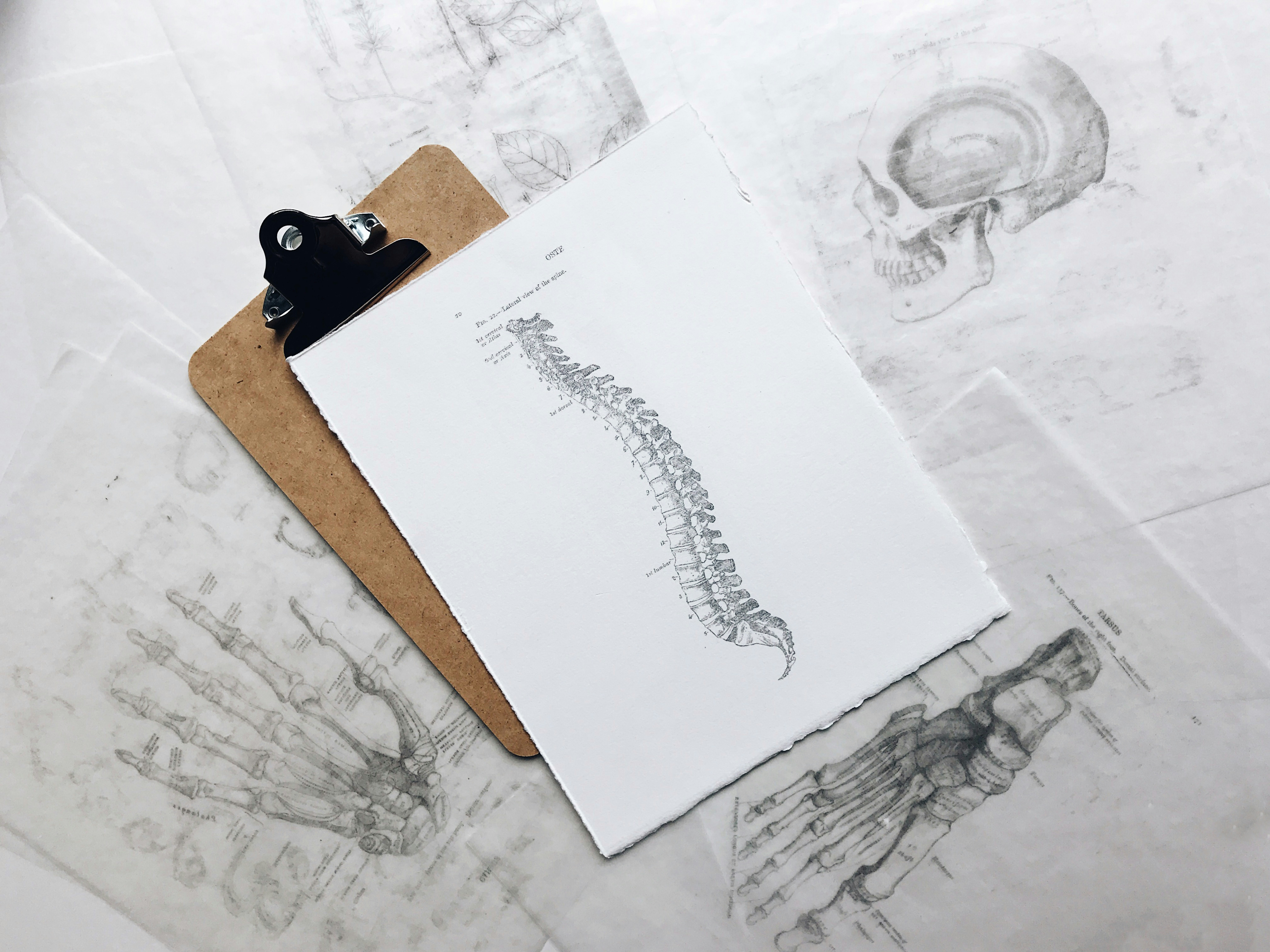
In recent years, pain management has undergone significant transformations, driven by rapid advancements in medical technology and a deeper understanding of pain mechanisms. Leading experts continuously explore innovative and effective ways to treat chronic pain, significantly enhancing patient outcomes and improving quality of life. This comprehensive article delves into the latest developments and key insights from top pain management professionals, providing valuable information and practical guidance for healthcare providers and patients alike, aiming to foster better pain management strategies and therapeutic approaches in clinical practice.
Innovative Techniques in Pain Relief
One of the foremost advancements in pain management involves integrating digital health tools into treatment plans. These tools, including wearable devices and mobile applications, enable real-time monitoring and management of pain conditions. They offer patients greater control over their treatment and provide healthcare providers with accurate data to tailor pain management strategies effectively.
Moreover, neuromodulation techniques have seen remarkable improvements. Devices such as spinal cord stimulators, which deliver electrical impulses directly to the nervous system, now come with customizable settings that adapt to the patient’s activity level and pain fluctuations throughout the day. This adaptability improves the overall effectiveness of the treatment and enhances patient comfort and satisfaction.
The Role of Genetics in Pain Management
Recent breakthroughs in genetic research have paved the way for more personalized pain management approaches. Understanding the genetic factors influencing pain perception and treatment response allows physicians to tailor therapies to individual patients. This customized approach not only improves the efficacy of treatments but also reduces the risk of side effects, a common concern in pain management, especially with opioid medications.
Combating Opioid Dependence
A critical challenge in pain management is the risk of opioid dependence. Experts are now championing the use of non-opioid medications and therapies as effective alternatives. Treatments such as NSAIDs, antidepressants, and anticonvulsants, as well as non-pharmacological approaches like physical therapy and psychological counseling, are gaining traction. These alternatives not only alleviate pain but also address the underlying causes of pain without the potential for addiction.
Integrative and Holistic Approaches
Leading experts in pain management also emphasize the importance of integrative and holistic approaches. This perspective incorporates various therapeutic modalities, including acupuncture, massage, and yoga, to provide a comprehensive treatment plan that addresses both the physical and psychological aspects of pain. These methods have proven particularly effective in managing chronic pain, improving physical symptoms, and enhancing mental well-being.
Educating Patients and Providers
Education plays a pivotal role in the advancement of pain management. The field can move towards safer and more effective pain management strategies by educating patients and healthcare providers about new pain management techniques and the potential risks associated with traditional pain medications. Ongoing education efforts also help dispel myths about pain and its treatment, leading to more informed decisions and better patient outcomes.
Future Directions in Pain Management
The future of pain management is promising, with ongoing research and development focusing on even more innovative and less invasive treatment options. For example, it is fascinating to explore stem cell therapy and its potential to regenerate damaged tissues and reduce pain. Additionally, virtual reality technology is being tested for its effectiveness in pain distraction techniques, offering a novel way to manage pain during medical procedures.
The significant advances in pain management over recent years stand as a testament to the relentless dedication and tireless efforts of researchers and clinicians who strive to understand better and improve how we manage pain. With each groundbreaking breakthrough, these medical professionals provide renewed hope to millions of individuals suffering from chronic pain, offering them the possibility of leading a more active and fulfilling life. As the field of pain management continues to evolve, it becomes increasingly clear that the primary focus will remain on developing treatments that are not only effective but also safe and tailored to meet the diverse needs of individual patients. This ongoing commitment to innovation and patient-centered care promises to drive further progress in the field, potentially transforming the landscape of pain management for future generations.